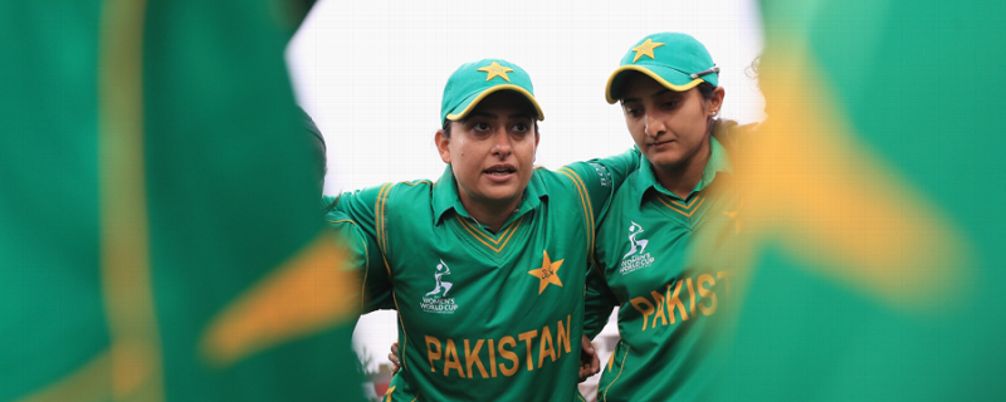
This is because what Nike is trying to convey transcends colour, race, religion, ethnicity, and nationality through the notion of females being ‘crazy’ when they dream big.
 PHOTO: SCREENGRAB
PHOTO: SCREENGRABBut the company has not gone without criticism, and their newest campaigns could be seen as rich by some. Last year, Nike was mired in its own gender discrimination issues with a handful of executives resigning over allegations of misconduct, discrimination and bias. Former Nike employees also sued the company alleging that the company spent years hiring women at lower salaries and promoting females less frequently than their male counterparts doing the same work.
Whether jumping on the women empowerment bandwagon was purely a creative sales strategy or a just a guilt-stricken company attempting to ratify what some might see as ‘hypocrisy’, it doesn’t deter from the fact the ‘Dream Crazier’ clip is powerful with an important message.
Tennis superstar Serena Williams avidly narrates the plight of female athletes and their refusal to be stopped because they are called ‘crazy’ for breaking the glass-ceiling and stereotypes in the world of sport.
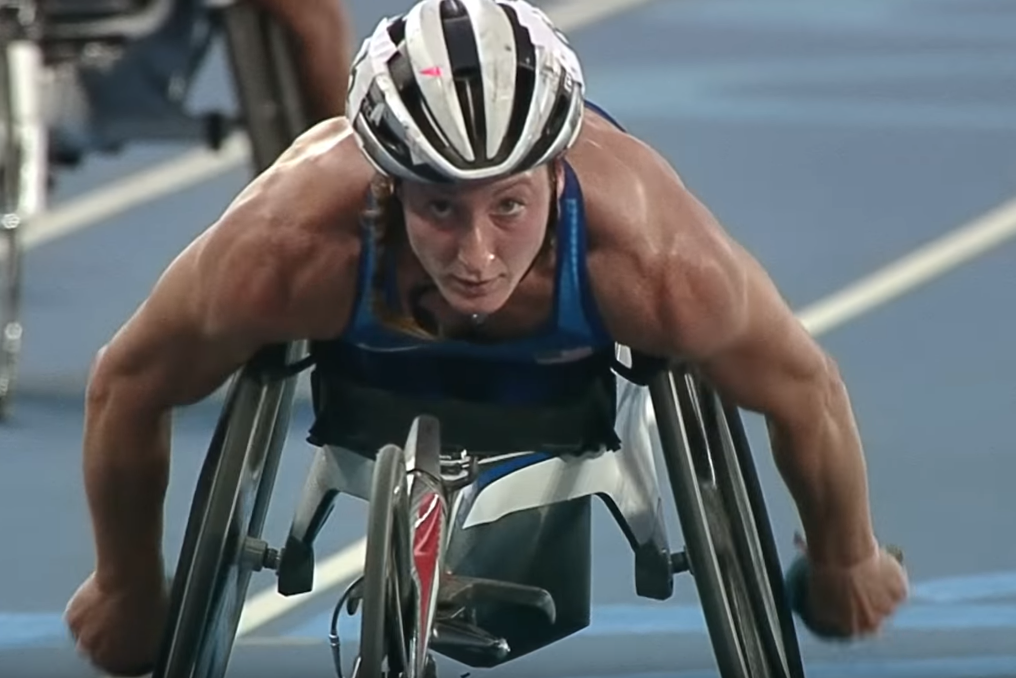 PHOTO: SCREENGRAB
PHOTO: SCREENGRABFrom track to basketball to fencing, the 90-second clip features moving sequences of boundary-pushing female athletes across diverse sports. “If we show emotion, we’re called dramatic. If we want to play against men, we’re nuts. And if we dream of equal opportunity, we’re delusional,” Williams says in the ad.
“When we stand for something, we’re unhinged. When we’re too good, there’s something wrong with us. And if we get angry, we’re hysterical, irrational, or just being crazy.”
It’s a masterclass in ad copywriting formula by establishing the obstacle, presenting the solution, and using imagery and music to crank up the hype. Williams is featured in the ad, including gymnast Simone Biles, the US women’s soccer team and hijab-wearing Olympic medal-winning fencer Ibtihaj Muhammad.
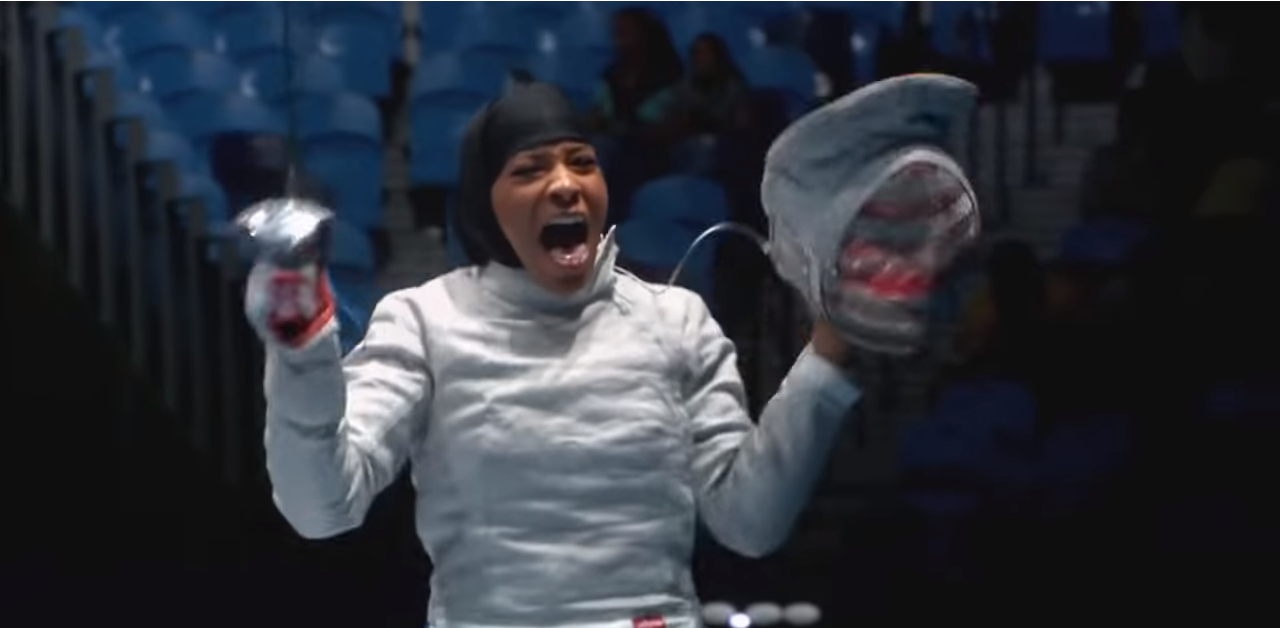 PHOTO: SCREENGRAB
PHOTO: SCREENGRABThe clip comes at an exciting time for sports, where we are seeing women continually breaking stereotypes and boundaries, including talented Pakistani athletes who have and keep shattering the glass ceiling in their sporting careers.
Pakistani female athletes breaking stereotypes
Pakistan is not short of female athletes, dreaming and winning big in sports that are conventionally male-dominated. Not only that, national level games been numerously cancelled due to lack of facilities and funding, preventing some talented teams to even compete on an international scale.
But this didn’t stop female athletes such as wrestler Ambreen Ashiq, who was the first Pakistani woman to compete. The three-time bronze medal winner is part of a woman wrestling team that was sent to the 5th Asian Indoor and Marshal Arts Games in Turkmenistan held in September 2017. Pakistan had never sent a women wrestling team in an international event except for then.
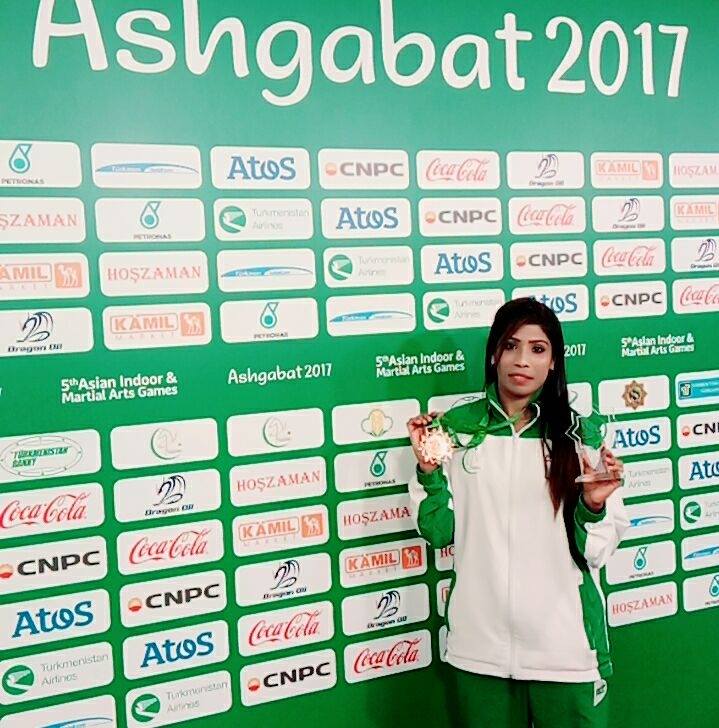 PHOTO: FILE
PHOTO: FILEShe was quoted as saying: “We do not have proper national level games in Pakistan for last six to seven years as they have been cancelled for number of reasons again and again. Despite no experience even at national level we won the medals at international level. And from that you can guess, the level of talent and potential of athletes especially women athletes in Pakistan.”
That’s far from all. Think of Sana Mir, who changed the face of women's cricket in Pakistan. The former proud captain of the nation’s female cricket team, Sana stood undefeated with not one gold medal, but two in the 2010 and 2014 Asian Games.
Naseem Hameed silenced the mocking tongues of society as she rose to fame as South Asia’s fastest woman. The ‘Queen of Tracks’ holds a glorious 12-year career, most notably winning the 100-metre in 11.81 seconds at the South Asian Federation Games (SAF) in 2010.
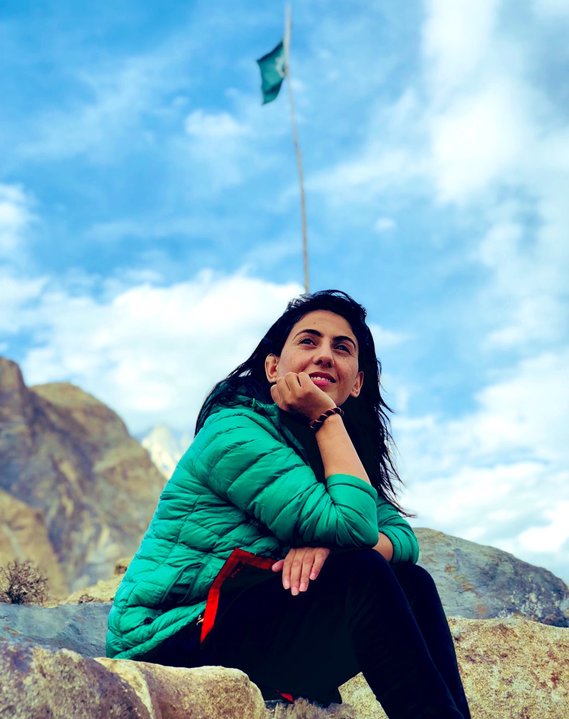 PHOTO: INSTAGRAM
PHOTO: INSTAGRAMSamina Baig is the first Pakistani woman to conquer Mount Everest, and the first Pakistani to climb seven summits in seven continents. Scaling some of the planet’s most unforgiving summits, the Pakistani mountaineer’s list of achievements include Mount McKinley, Mount Elbrus, Mount Kilimanjaro, Mount Aconcagua, Carstensz Pyramid and Mount Vinson.
Hajra Khan is the only athlete in the history of Pakistan’s women football to record 100 goals in her club career. She is also the winner of 2011’s South Asian Beach Games in Sri Lanka.
The squash superstar Maria Toorpakay Wazir broke all stereotypical walls to pursue her passion for squash. Like the legendary and undefeated Pakistani legends before her (like Jahangir Khan), Maria is another Pakistani who has made her country proud. Despite threats from extremists and disguising herself as a boy to play with her brothers on the streets of her hometown, she went on to win the first-ever women’s event at the Nash Cup in Canada.
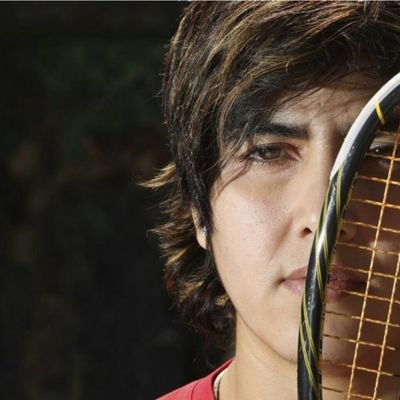 PHOTO: FILE
PHOTO: FILEPakistan’s phenomenal skiing pair Ifrah and Amina Wali dared to be different with Amina winning gold and Ifrah winning silver in the first South Asian winter games in 2011. The sisters pride themselves from Gilgit-Baltistan and mark participation in an array of international tournaments.
These women have not even scratched the surface of Pakistan’s talented female athletes, who may seem ‘crazy’ to some parts of society but have been victorious. Imagine the potential if the country has more funding and facilities. ‘Dream Crazier’ is a message to the world that female athletes are successful; they are continuing to rise above boundaries, and they are more than capable in even the ‘craziest’ of situations. Serena’s end narration in the ‘Dream Crazier’ video is also a fitting ending for this article: ‘So if they want to call you crazy, fine. Show them what crazy can do.’
Have something to add to the story? Share it in the comments below.
1724668524-0/Untitled-design-(5)1724668524-0-405x300.webp)





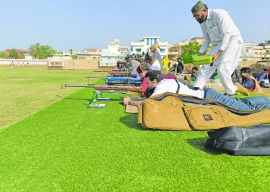










COMMENTS (1)
Comments are moderated and generally will be posted if they are on-topic and not abusive.
For more information, please see our Comments FAQ